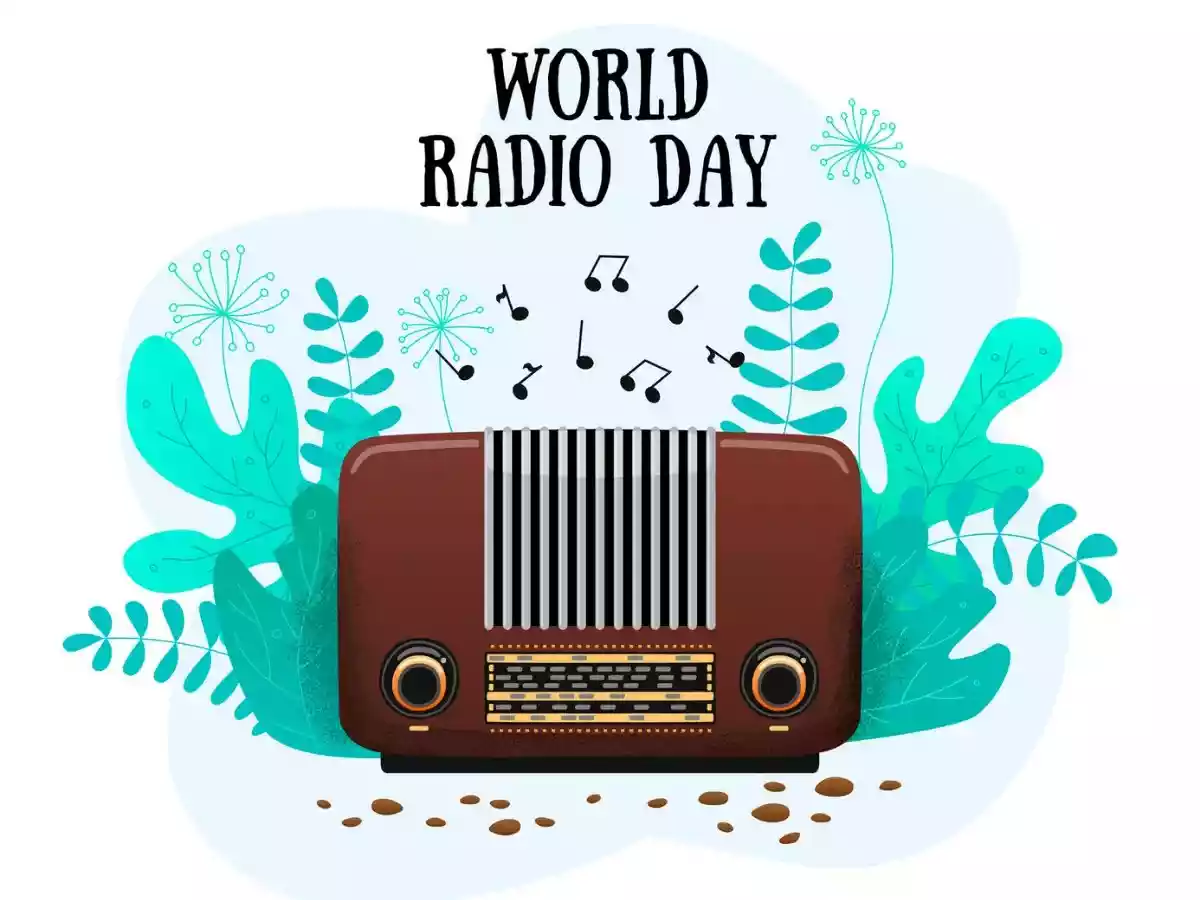
The United Nations, through its agency on education, science and culture UNESCO proclaimed the 13th of February as World Radio Day in pursuit of preserving the heritage of one of the most accessed means of mass communication.
That radio broadcasting, even in this digital age - remains relevant and a medium for the future speaks volumes of its staying power and inherently a part of human existence.
Naturally, radio broadcasting has evolved in the century of existence and gradually has become the medium to have effectively broken the divide between classes of the haves and have nots.
All other media has an elite bias in how it is either framed or accessed and this gives radio the competitive edge of consistently being relevant - even for generations to come.
Yet in the midst of this potential and sustained resonance with the audiences, radio globally and more so in Zimbabwe is facing existential threats.
The challenges don't necessarily require research to establish. Especially for growing economies like Zimbabwe, where radio in the broad scheme of things should be an employer of choice.
But the opposite is true. What we are seeing is a brain drain, growing social media influencer culture and declining quality and standards.
Radio in Zimbabwe seems devoid of the audience it serves and while it remains an authoritative voice, the failure to go beyond the obvious has done little to connect radio stations with their audiences.
- COP26 a washout? Don’t lose hope – here’s why
- Under fire Mnangagwa resorts to Mugabe tactics
- How will energy crunch transition impact transition to renewables?
- COP26 a washout? Don’t lose hope – here’s why
Keep Reading
Part of it is the close to a century entrenched culture of state control of radio, since 1933 when the medium was introduced - first as a preserve of the white minority and later as a control or propaganda tool to manage the black majority.
It is common knowledge that the ownership structure of radio in Zimbabwe is strongly tied to the state and the ruling elite.
Community broadcasting has semblances of independence but there are structural legal and policy restrictions that confine their potential.
The broadcasting regulatory framework is under review in the legislature, providing some sense of hope of improvements, though these seem to avoid the elephant in the room - the overbearing hand of government and the ruling party on radio broadcasting and by extension the regulatory framework.
To be fair, that is something that is not going to change overnight. Especially in a context in which the civic space is shrinking either due to running out of steam from the decades in the trenches or owing to the dwindling supporters of the cause. Technical, financial and even just solidarity support is dwindling amid a shifting global order.
Yet it is not all doom and gloom. UNESCO this year is running the World Radio Day commemorations under the theme "Radio and Climate Change" as part of rallying radio stations across the world to join in the campaign to save the planet earth.
It is a theme born out of how radio can be useful devise in promoting human behavioral change, early warning systems, capacity building on climate adaptive farming and as a means of saving the planet.
Often the environmental story is told abstractly or as a high level policy imperative at a local and international relations level.
Which is fair enough. News often follows high places of power and the subsequent debates.
It is expert driven and sometimes technical beyond the comprehension of journalists and editors themselves.
Yet the climate change story is about us and the little contribution towards preserving our environment and in turn our planet.
It is about the little things we can do as a people, from preserving our water sources, maintaining clean environments, stopping deforestation and using alternative sources of power.
The common messages that our radio stations can drive home in a sustainable manner. To be deliberate about, even as presenters, celebrities and anchors are informing, educating and entertaining.
The same way we are updated on traffic, sports, juicy entertainment and hard politics.
There's scope to amplify the climate change story as a way of getting radio relatable with our daily lived experiences.
That way, radio can indeed save the planet. And in the case of Zimbabwe, the planet can in turn save radio by restoring lost audiences.
Nigel Nyamutumbu is a media development practitioner serving as the Coordinator of a network of journalistic professional associations and media support organizations, the Media Alliance of Zimbabwe (MAZ). He can be contacted on njnya2@gmail.com or +263 772 501 557










